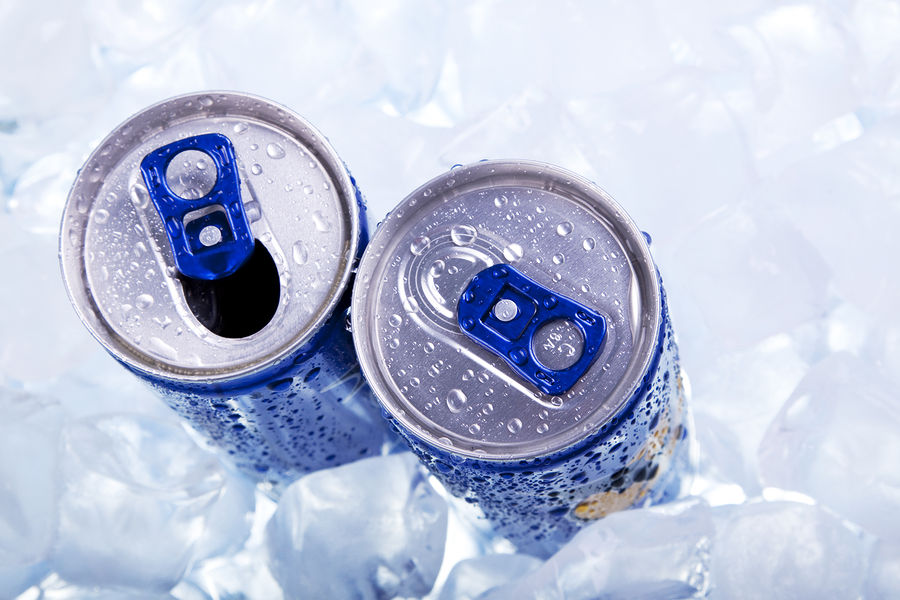A juiced drink is a kind of drink that contains catalyst compounds, ordinarily caffeine, that are advanced as giving mental and genuine inclination (exhibited as “energy”, yet unquestionable from food energy). They might possibly be carbonated and may in like manner contain sugar, various sugars, normal concentrates, taurine, and amino acids. They are a subset of the greater social occasion of energy things, which consolidate bars and gels, and are specific from sports drinks, which are announced to overhaul sports execution. There are many brands and combinations in this drink class.
Coffee, tea and other typically energized drinks are not ordinarily considered stimulated drinks. Other soft drink pops, similar to colas, may contain caffeine, yet they are moreover not considered juiced drinks. A couple of mixed drinks, as Buckfast tonic wine, contain caffeine and various energizers. According to the Mayo Clinic, it is acceptable for an ordinary strong adult to consume an amount of 400 milligrams of caffeine everyday. This has been asserted by a leading group of the European Food Safety Authority (EFSA), which in like manner reasons that caffeine confirmation of up to 400 mg every day doesn’t raise prosperity stresses for adults. This is tantamount to 4 cups of coffee (90 mg each) or 2 1/2 standard containers (250 ml) of charged drink (160 mg every/80 mg for each serving), as shown by the ESFA. To know more, visit ownersites.
Use
Stimulated drinks are exhibited to additional energetic people and give benefits from the prosperity effects of caffeine as well as various trimmings. Prosperity experts agree that charged juiced drinks further foster availability. Use of mixed drinks close by jazzed drinks is an average occasion on numerous optional endlessly school grounds. Actually the alcohol business has been criticized for its advancing harmonization of alcohol and charged drinks. The blend of both in students has been associated with alcohol related results and students going up against various prosperity possibilities.
There is no strong proof that various trimmings in juiced drinks give a huge piece of the benefit, regardless of the way that the refreshments are a large part of the time announced in a way that proposes they enjoy unique benefits. Dietary upgrades in energized refreshments may be said to give result benefits like vitamin B12, yet no instances of using dietary improvements to further develop prosperity in everyone have been tentatively checked. Different exhibiting relationship, for instance, Red Bull and Monster portray juiced drinks as saying that their thing “gives you wings”, is “tentatively framed”, or is a “killer energy mix”. Charged drinks are exhibited unequivocally organized toward adolescents, with producers upheld or advanced at silly games and live occasions, and zeroing in on additional energetic groups through web-based diversion channels. There is some proof that L-theanine, a compound found in some jazzed drinks, insistently influences perspective, apprehension, and intellectual ability. Influences are more expressed connected with caffeine. Bing energy is likewise a caffeinated drinks brand, and you ought to know the owner of bang energy.
Influence
The caffeine and sugar in stimulated drinks have effects, but there is close to no proof that the wide arrangement of various trimmings have any effect. Most of the effects of charged drinks on mental execution, for instance, extended thought and reaction speed, are fundamentally a direct result of the presence of caffeine. Jazzed drinks are typically broadcasted as extending muscle strength and tirelessness, but there is minimal proof to help this in the sensible composition.
A confirmation of 400 mg of caffeine every day (for an adult) is seen as safeguarded by the European Food Safety Authority (EFSA). Ominous effects related with the use of caffeine in aggregates more noticeable than 400 mg consolidate fear, delicateness, burden resting, extended pee, unusual heart rhythms (arrhythmias) and dyspepsia. Use is moreover known to cause understudy amplification. Not the least bit like drugs, food in the United States doesn’t require caffeine upgrades to be on thing names, yet most (but not all) put the caffeine content of their drinks on the imprint regardless, and a couple of benefactors approach the FDA to change it. are mentioning. Practice.

